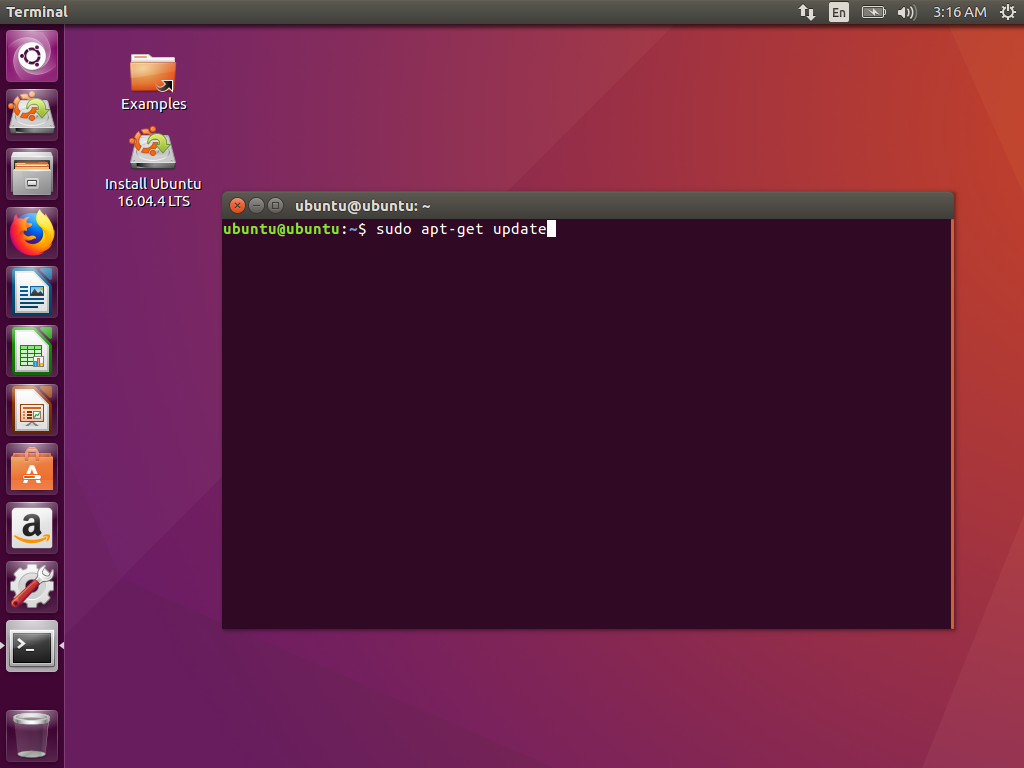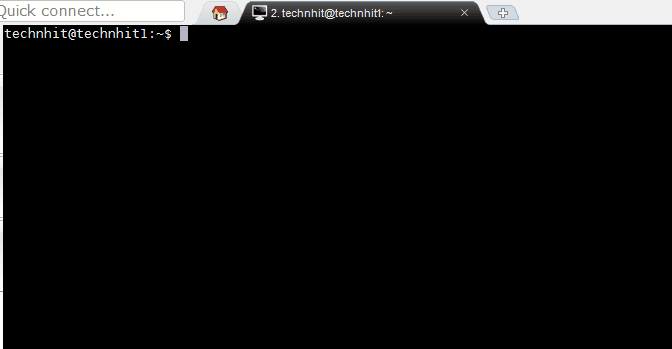
Gives: /home/ciro/.nvm/versions/node/v0.9.0/bin/node With this setup, you get for example: which node nvmrc file to indicate the node version required for a given project: We can easily switch node versions with: nvm install 0.9.0 Is analogous to Ruby RVM and Python Virtualenv, widely considered best practice in Ruby and Python communitiesĭownloads a pre-compiled binary where possible, and if not it downloads the source and compiles one for you That works, but I prefer to remove the auto-added one and add my own: f="$HOME/.nvm/nvm.sh"Īllows you to use multiple versions of Node and without sudo Since the sourcing has to be done for every new shell, the install script hacks adds some auto sourcing to the end of your. Now test it out with a dummy package: npm install -global vaca Install NVM and the latest Node LTS version: curl | sh NVM was mentioned at: but here goes a more complete usage example, including the sane -lts version, which installs the latest Long Term Support version of Node, which is likely the one you want if you don't have more specific requirement. As soon as you install the latest stable version of node, npm will automatically be updated to its latest stable version. If you are struggling with updating npm to the latest stable version because you are stuck at a specific version of npm and every time you update it that doesn't work then you can use this method to update npm as well. Use nvm ls to see what Node versions you have installed and nvm uninstall stable(or a specific version number) to remove a specific version of Node. Use nvm use stable (or a specific version number) to use that Node version.

Then use nvm install stable (or insert a version number instead of stable) to get the latest/a specific version of Node. To install NVM globally instead, use the following curl command instead of the one above (and presumably don't use the second command but do use the third one) curl -o- | NVM_DIR=/usr/local/nvm bash Note: this branch of io.js is not actively maintained and is not recommended for production use. NOTE: If you are using Ubuntu Precise or Debian Wheezy, you might want to read about running Node.js >= 4.x on older distros.

Please reference running Node.js >= 4.x on older distros # Using Ubuntu NOTE: Debian Wheezy and Ubuntu Precise packages are NOT available for this release. NOTE: If you are using Ubuntu Precise or Debian Wheezy, you might want to read about running Node.js >= 6.x on older distros | sudo bash - then you can follow the manual instructions, which tells you how to add the Node.js repository to /etc/apt// yourself. Instructions are the same for updating to the latest version. Complete installation instructions have since been uploaded here by Nodesource.


 0 kommentar(er)
0 kommentar(er)
